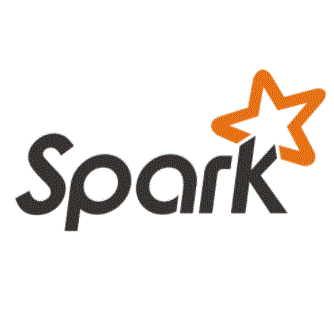Introduction to PySpark DataFrames
PySpark, the Python API for Apache Spark, is renowned for its ability to handle big data processing. At the core of PySpark’s functionality is the DataFrame, a distributed collection of data organized into named columns. This article delves into the concept of DataFrames in PySpark, exploring their structure, capabilities, and practical applications in big data environments.
Understanding the Structure of DataFrames
A DataFrame in PySpark is similar to a table in a relational database or a DataFrame in Python’s pandas library but with richer optimizations under the hood. Each DataFrame has a schema that defines the column names, types, and other metadata. This section will cover the internal structure of DataFrames, their similarities and differences with pandas DataFrames, and how they are optimized for distributed computing.
Creating and Manipulating DataFrames
This part of the article will guide readers through the process of creating DataFrames in PySpark. It includes how to import data from various sources, such as CSV, JSON, and databases, and how to create DataFrames from existing RDDs. Additionally, it will cover basic operations like selecting, filtering, and aggregating data, along with more complex manipulations and transformations.
Advanced Features and Optimization Techniques
Advanced features of DataFrames, like window functions, handling missing data, and pivot operations, will be discussed here. This section also delves into optimization techniques that PySpark provides, such as Catalyst Optimizer and Tungsten Execution Engine, explaining how they enhance performance in large-scale data processing tasks.
Use Cases and Real-World Applications
This section showcases various real-world applications and use cases of DataFrames in PySpark, illustrating how they are employed in industries like finance, healthcare, and e-commerce for data analysis, machine learning, and stream processing.
Spark important urls to refer






